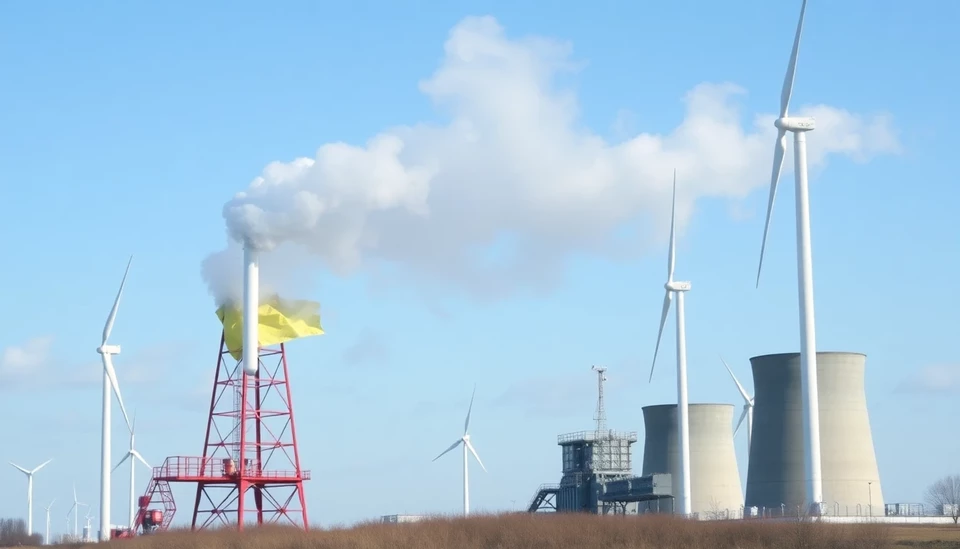
Germany is witnessing a significant uptick in oil-fired power generation, a trend driven by forecasts predicting a substantial decrease in wind energy output. This development comes as the country grapples with fluctuating renewable energy generation, which is critical to its energy strategy aimed at reducing carbon emissions and transitioning from fossil fuels.
The current energy landscape in Germany has been both complex and volatile, with oil and gas prices influencing the power sector's choices. According to recent assessments, the anticipated drop in wind energy production is expected to result from an unusually calm weather pattern that could persist for several weeks. In a system that increasingly relies on renewable sources, any interruption in wind energy supply can prompt a rapid shift towards fossil fuel sources, particularly oil and gas, to fulfill existing energy demands.
Experts highlight that this scenario raises concerns about the nation's energy transition strategy. Oil-fired plants, although less polluting than coal, still contribute to greenhouse gas emissions and do not align seamlessly with the long-term sustainability goals outlined by the German government. As the reliance on such energy sources grows, questions emerge regarding energy security, environmental impact, and the consistency of the country's commitment to climate change mitigation.
As energy policies continue to evolve, the German government is under pressure to enhance its renewable infrastructure and storage capabilities to stabilize the energy supply landscape. Investments in energy storage technologies, alongside an expansion of solar and wind farms, may help mitigate the risks associated with reliance on fossil fuels during periods of low renewable energy generation.
In response to these challenges, various stakeholders within the energy sector are calling for a more diversified energy mix that includes a robust backup system from renewable sources. This not only ensures a seamless energy supply throughout fluctuations but also aligns with Germany's role as a leader in global renewable energy initiatives.
As Germany embarks on what might become a pivotal moment for its energy future, the current reliance on oil-fired generation serves as a critical reminder of the complexities tied to energy transitions. The path toward sustainability requires not just ambitious targets but practical and immediate actions that can address energy needs without compromising environmental commitments.
In summary, the surge in oil-fired generation amid weakening wind energy production highlights urgent challenges for Germany's energy strategy, necessitating a balanced approach that emphasizes renewable energy growth and minimizes fossil fuel dependency.
#Germany #EnergyTransition #WindEnergy #OilGeneration #RenewableEnergy #ClimateChange
Author: Sophie Bennett




